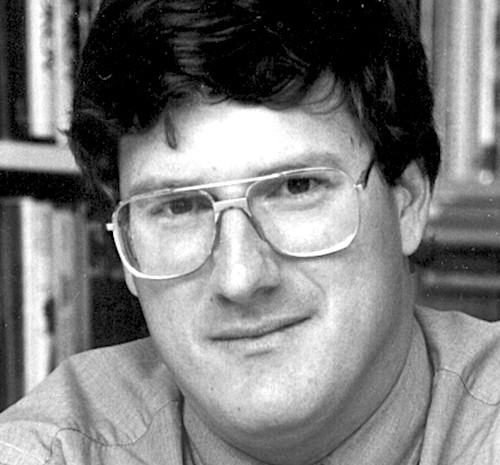Events are unfolding at a quickening pace. Facing an alarming escalation in tensions around the world, we are looking to our most respected and renowned thought leaders for an honest assessment of both U.S. foreign and military policy to offer their most current thoughts and insights. We know they have some ideas for improving the prospects for peace.
Formerly, Scott Ritter served as a U.S. Marine Corps Intelligence officer (1984-1991), in the Soviet Union as an inspector implementing the INF Treaty, in General Norman Schwarzkopf's staff during the Gulf War, and as a UN weapons inspector in Iraq (1991-1998). He is author of "SCORPION KING: America's Suicidal Embrace of Nuclear Weapons from FDR to Trump", "Iraq Confidential" (Nation Books, 2005), and "Target Iran" (Nation Books, 2006). His responses below are exactly as he provided.
The questions here are not philosophical or abstract. They focus on the realities of the international power struggle unfolding in real time. They directly address the role of the U.S. in the escalating tensions and its capacity to reduce them. We also probe the role of everyday citizens in affecting the relationship the U.S. now has and will have with the rest of the world community.
Here is what Scott Ritter had to say.
Q. The Bulletin of the Atomic Scientists has recently put the hands of the Doomsday Clock to 100 seconds before midnight. Midnight means all out war, probably nuclear holocaust. This is the closest it has every been. Do you agree with this dire assessment?
A. No. There have been occasions in the past where the confluence of geopolitical posturing and military hubris combined to make the conditions favourable for nuclear conflict greater than those that exist today. We have reduced the amount of forward-deployed nuclear weapons and have altered our military doctrine so that the use of nuclear weapons is not assumed, but rather seen as a separate, deliberate action above and beyond the military mission at hand. This does not mean that the threat of a nuclear conflict isn't real, or that the world should not be concerned. The point here is that it doesn't matter where you set the Doomsday Clock; if the decision is made to use nuclear weapons, it means we are at zero, and we failed. So long as nations possess nuclear weapons and have corresponding nuclear postures that postulate scenarios for which the use of nuclear weapons are considered a viable outcome, we will always be one second away from global annihilation. The Doomsday Clock should be set at one second until all nuclear weapons are eliminated -- that's the true state of play. Anything else is simply an exercise in self-deception.
Q. The U.S. always portrays itself as the greatest force on the planet for peace, justice, human rights, racial equality, etc. Polls tell us that most other nations actually regard the U.S. as the greatest threat to stability. What in your view is the truth here?
A. Peace, justice, human rights, racial equality, etc... these are very subjective topics, which mean different things to different people at different times. The human condition is not conducive to any utopian notion of universality. There will always be competition between groups of people, whether organized as states, coalitions, alliances, etc. There was a time when the confluence of global conditions positioned the US as the foremost power in defence of nations sharing similar value sets. But we should not pretend that the US is a nation that embraces the very notions it proclaims to defend. No nation lives up to the promise of its own propaganda -- none. The nations that oppose the United States are not paragons of virtue themselves. Many of them are actively engaged in a competition for resources and access with the US, which colours their outlook. The truth is humanity has not learned how to peacefully coexist with itself. The US has done much to help nations survive and prosper, but only if those nations are useful in the pursuit of American goals and objectives. We don't support those who are aligned against us... we are not a benevolent nation. No nation is.
(Note: You can view every article as one long page if you sign up as an Advocate Member, or higher).






